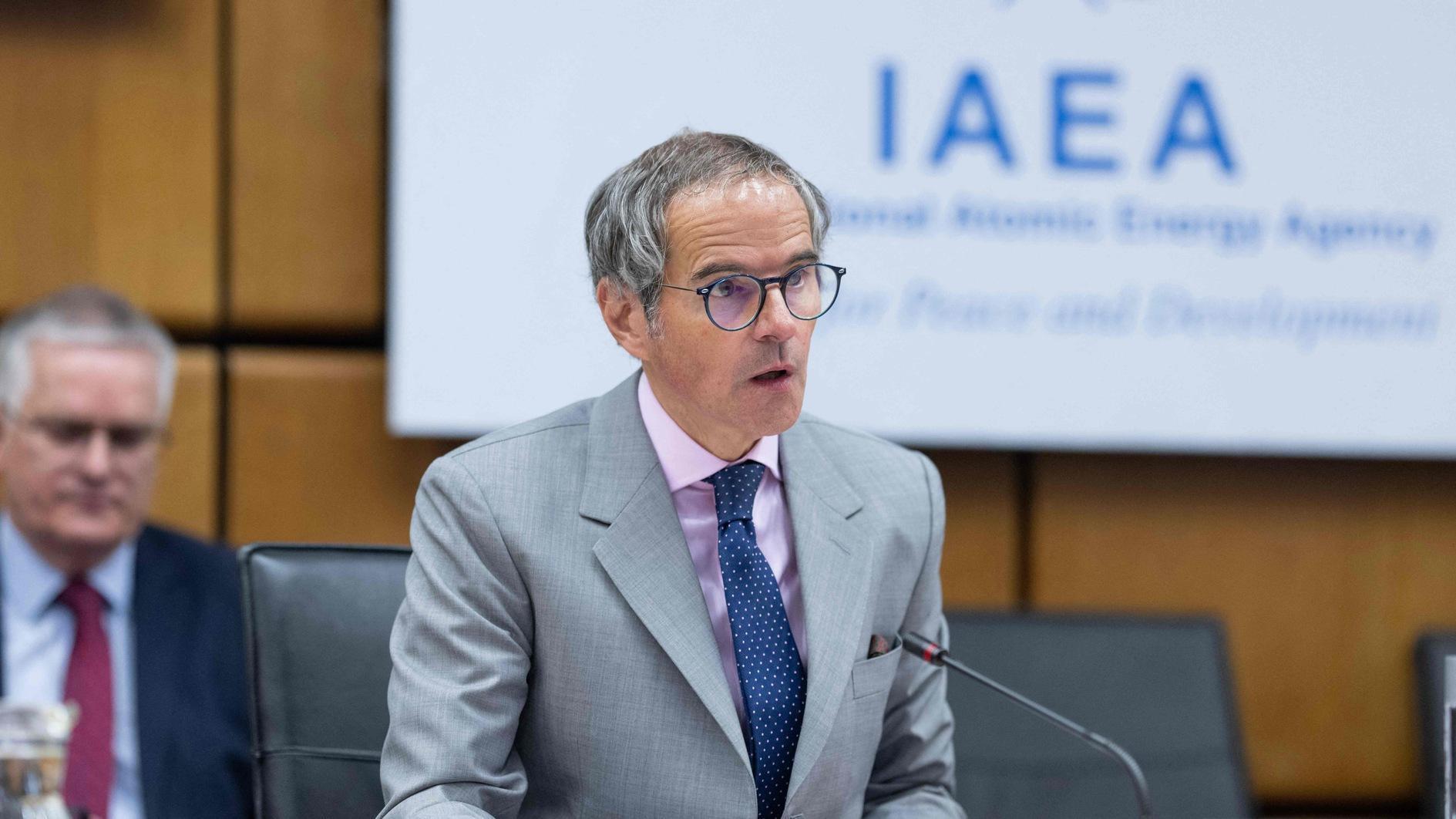Control issues in Ankara
Turkish Prime Minister Ahmet Davutoğlu took a risky step when asking Abdullah Öcalan, the imprisoned leader of the outlawed Kurdistan Workers’ Party (PKK) to use his influence over his followers to stop the violence-infected protests against the government’s stance on the Islamic State of Iraq and the Levant's (ISIL) attacks on the Kurdish-populated Syrian town of Kobane (Ayn al-Arab) near the Turkish border.
Öcalan did intervene. He wrote a letter to be delivered to the leading figures of the Peoples’ Democratic Party (HDP), which shares similar grassroots with the PKK. The HDP and the outlawed Kurdistan Communities Union (KCK), which is the popular front of the PKK, had made separate calls a few days earlier for their supporters to take to the streets. On the night before Davutoğlu had asked the National Intelligence Organization (MİT) to take that letter from Öcalan, the death toll had risen to 19, 10 of them being in the southeastern city of Diyarbakır. The situation could turn into the shakiest period in the two-year-old dialogue between the government and the PKK, in pursuit of a political settlement to the country's chronic Kurdish problem.
Öcalan told the HDP (and indirectly to the PKK) to “stay away from violence” in protests against the government and focus on the dialogue. Selahattin Demirtaş, the co-chairman of the HDP, repeated that in a press conference on Oct. 8, at a time when the HDP was actually planning to escalate the demonstrations.
The mass demonstrations stopped, making Davutoğlu owe Öcalan one favor. But the killings did not stop. A few hours after the government lifted the curfew in six provinces near to the Syrian and Iraqi borders, an attack took place against a military station at the Turkish-Syrian border. It was in the twin town of Nusaybin (on the Turkish side) and Qamishli (on the Syrian side). The station was attacked on both sides, at the same time. Turkish soldiers returned fire, some militants were wounded, but the attack was dispersed.
In the next three hours, the police chief of the eastern city of Bingöl and two of his deputies were hit in crossfire in the market place. The two deputies died and the chief ended up heavily wounded. In hot pursuit, four of the attackers were killed by security forces. On Oct. 10, Davutoğlu said the terrorists had been “punished.” In Istanbul, Mardin, Adana, Mersin, Diyarbakır, Siirt and Tunceli, militants opened fire on police targets, leaving one killed and six injured in total. In the Syrian border city of Gaziantep, protesters and counter-protesters clashed, leaving four dead. Interior Minister Efkan Ala said on Oct. 10 that the total number of deaths in the last four days had reached 31.
So Öcalan’s letter had worked for the mass demonstrations, but it was not that effective for militant actions, raising questions about Öcalan’s authority over the organization he founded more than three decades ago.
And right there is the risk: Using Öcalan’s influence over the PKK was a trump to be used in the direst of circumstances. There is not endless credit when the PKK's headquarters in Iraq's Kandil Mountains are already seeking a stronger stance against President Recep Tayyip Erdoğan’s leadership in Ankara. What will Davutoğlu or Erdoğan do next time if things get worse? Öcalan again? Maybe for another time, perhaps for a third one, but it is not endless.
On Oct. 10, President Erdoğan delivered three speeches in a row and slammed the opposition parties like a ruling Justice and Development Party (AK Parti) leader, not like a president who is supposed to remain impartial according to the Constitution.
Davutoğlu also raised his voice at Kemal Kılıçdaroğlu, the leader of the main opposition Republican People’s Party (CHP), asking him to “shut up.” A day before, he slammed Kılıçdaroğlu for not speaking up about his own policy regarding Syria and the fight against ISIL. Kılıçdaroğlu had told Davutoğlu to stop making things easier for the Islamist militants in Syria and start fighting them inside Turkey, instead of aiming to send troops to Syria.
The nerves in government circles in Ankara are not as strong as they were before, now that ISIL’s attacks have started to shake not only the Kurdish dialogue inside the country, but also domestic peace in general. That seems to be a potential problem for the decision-making mechanisms in Ankara if Erdoğan and Davutoğlu do not resume full control; not by using more force, but by decreasing the political tension.











